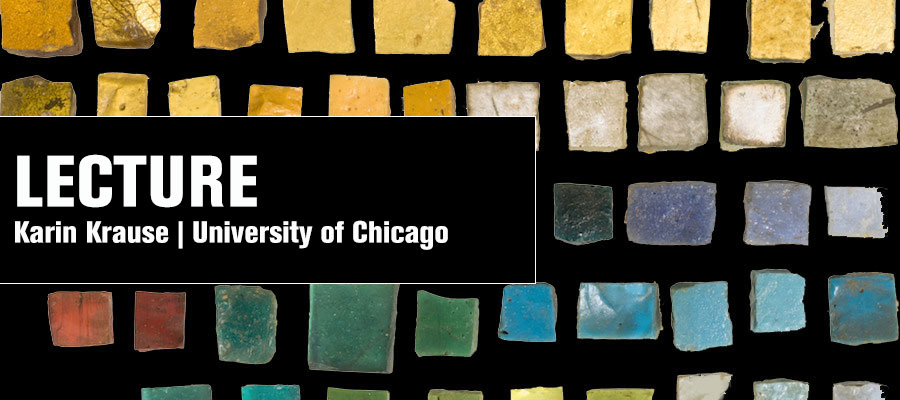This lecture will take place live on Zoom, followed by a question and answer period. Please check back in the fall for details.
Lecture by Karin Krause

Date:
Apr 9, 2025
Time: 12:00 PM–1:30 PM
Location:
Zoom
A lecture by Karin Krause, University of Chicago